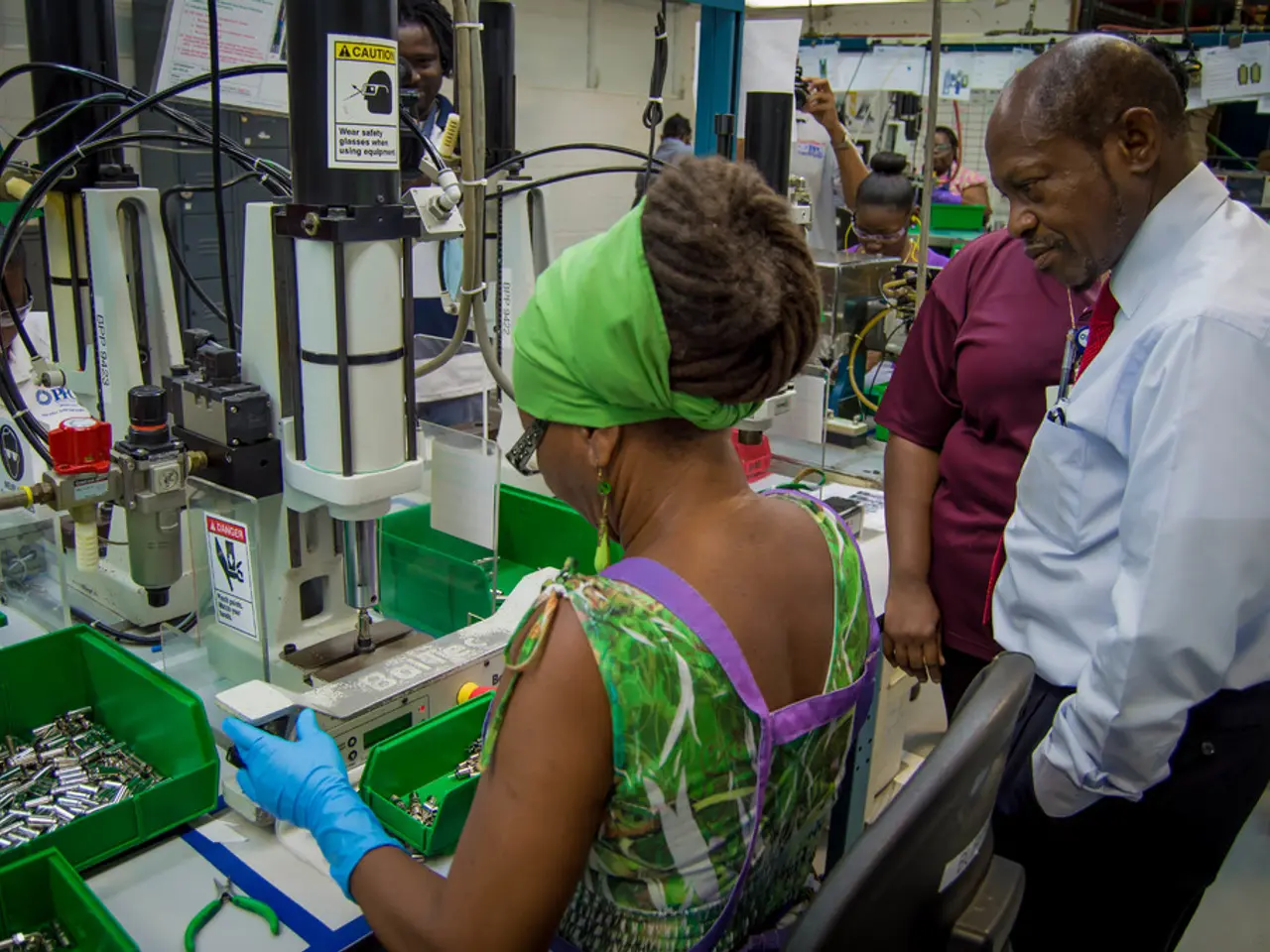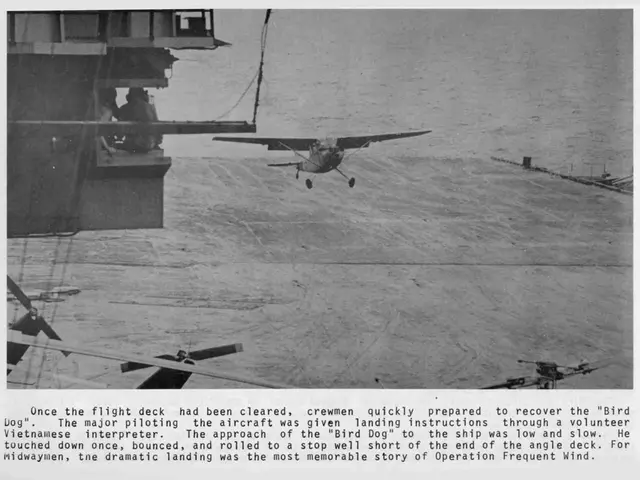Sungrow Hydrogen Opens European R&D Hub in Munich
Sungrow Hydrogen has inaugurated a cutting-edge research lab at Munich Airport, marking its European hub for R&D. The lab, named 'European Hydrogen Technology Lab', houses a new containerized electrolyzer solution called 'MegaFlex', developed in collaboration with Wison Engineering.
The Munich lab joins Sungrow's global network, which includes the Songyuan Hydrogen Energy Industrial Park in China, with a staggering investment of over four billion USD. The company also operates in Oman and Saudi Arabia, and runs an automated assembly line for alkaline electrolyzers in China.
The 'MegaFlex' solution, scalable from megawatt to gigawatt levels, integrates electrolyzer systems with power supply, cooling, water treatment, and intelligent control. It's a result of collaboration with Jingli Hydrogen and DFD.
The lab itself is a state-of-the-art facility designed to German safety standards, featuring an eightfold ventilation system and continuous monitoring of hydrogen and oxygen concentrations. It houses four specialized labs for physical, optical, chemical, and electrochemical studies, equipped with 3D printing, SEM analysis, and high-precision assembly technology for PEM electrolyzers. The lab integrates material production, component testing, and digital data analysis in a closed development process, using internationally recognized test standards and a top-tier test platform for electrolyzers.
Sungrow Hydrogen, a subsidiary of Sungrow Power Supply Co., manufactures both alkaline and PEM electrolyzers. The opening of the 'European Hydrogen Technology Lab' signifies the company's commitment to driving hydrogen technology innovation in Europe.
Read also:
- Industrial robots in China are being installed at a faster rate than in both the United States and the European Union, as the global market for these robots faces a downturn.
- NATO's Massive Naval Drill Shows Unity Against Russian Aggression
- Undeads Games Reaches $30 Million TVL and Gears Up for MMORPG Debut
- Hyundai N affirms transition to hybrid performance-centric models, initiating with Tucson N








